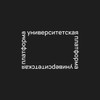Repressions against Russian academia in the aftermath of the Russian invasion. Perspective of the Univesity Platform
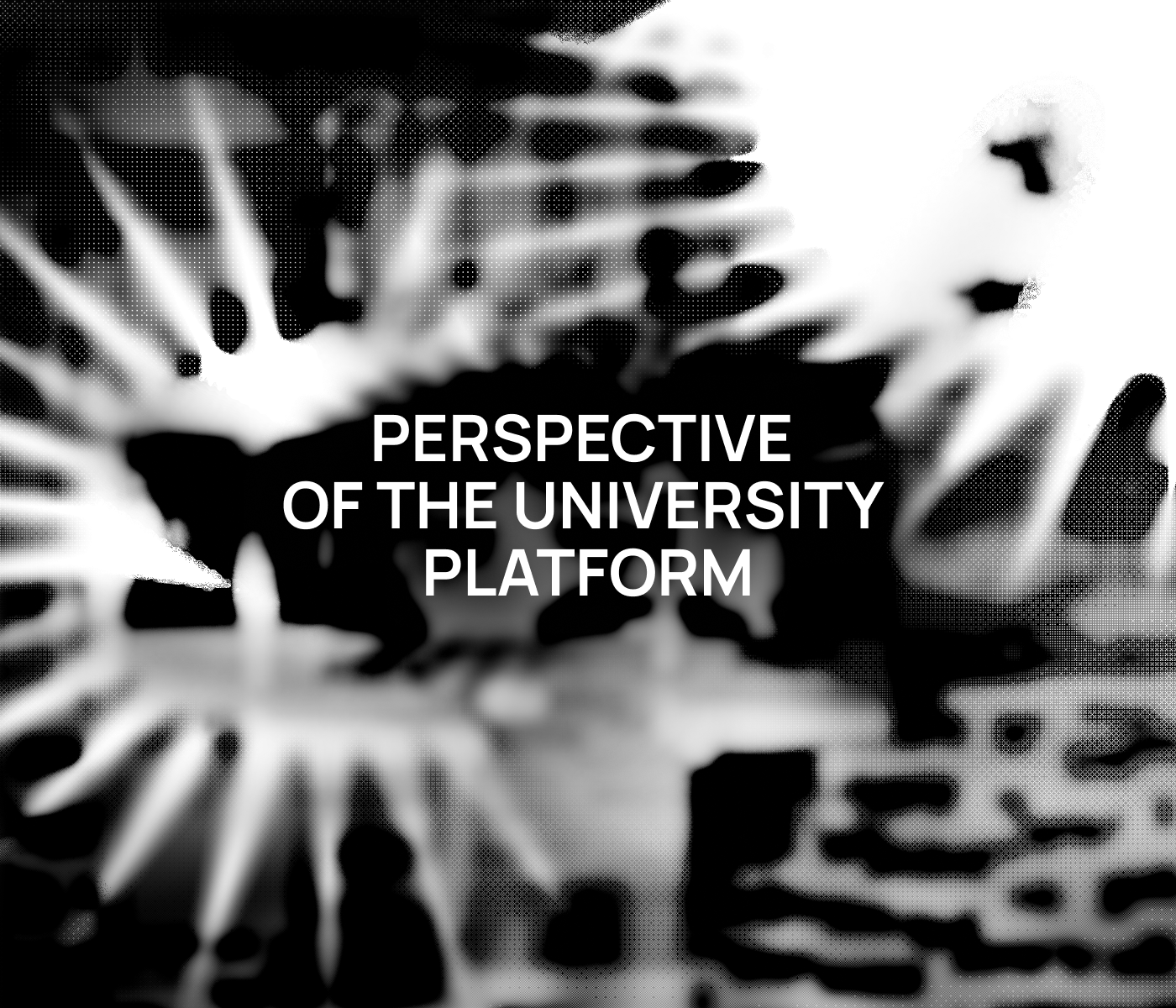
When it comes to Russian anti-war resistance, political dissent in Russian universities is often overlooked. It is eclipsed by the remarkable unity of the rectors of the universities who signed a letter in support of the Russian invasion of Ukraine the week after it began, which resulted in American and European universities denouncing their partnerships with Russian institutions. It also strengthened the perception of Russian universities as typical representatives of the ‘burnt field of Putinism’ where the unlimited autocracy of the rectors is tolerated by submissive and even revanchist lecturers and frightened students. This view misrepresents the complex situation in Russian universities, which are in fact more heterogeneous than may be thought, and silences the presence of a fragmented but still extant dissident university community with a firm anti-war stance.
The main objective of this article is not to enumerate the cases of resistance in Russian universities but to shed light on the repression of lecturers and scientists in Russia and on the conditions of their survival. In May 2022, active anti-war students and lecturers created ‘University Platform’ where students, lecturers and lower administrative staff work together on an equal basis to defend academic freedoms and rights and to struggle for better universities for the future in Russia. One of the tasks of ‘University Platform’ is to monitor repression in Russian universities and research centres, and its first initiative was a solidarity campaign with those lecturers who had to leave Russian universities in the aftermath of the Russian invasion. In this article we would like to illustrate the most remarkable examples of political dismissals in Russian academia in 2022-2023 and to suggest how they should be interpreted.
It is worthwhile to highlight that Russian academia has been subjected to repression for more than ten years, therefore the repression that followed after the beginning of the full-scale Russian invasion of Ukraine has only continued previous tendencies.
The authoritarian neoliberal turn in Russia affected the system of higher education and science in the 2000s. Suppression of dissent was an organic product of this neoliberal restructuring, which included the adoption of corporate micromanagerial strategies, political censorship, and the deprivation of the autonomy of the university community by both its own administration and the state.
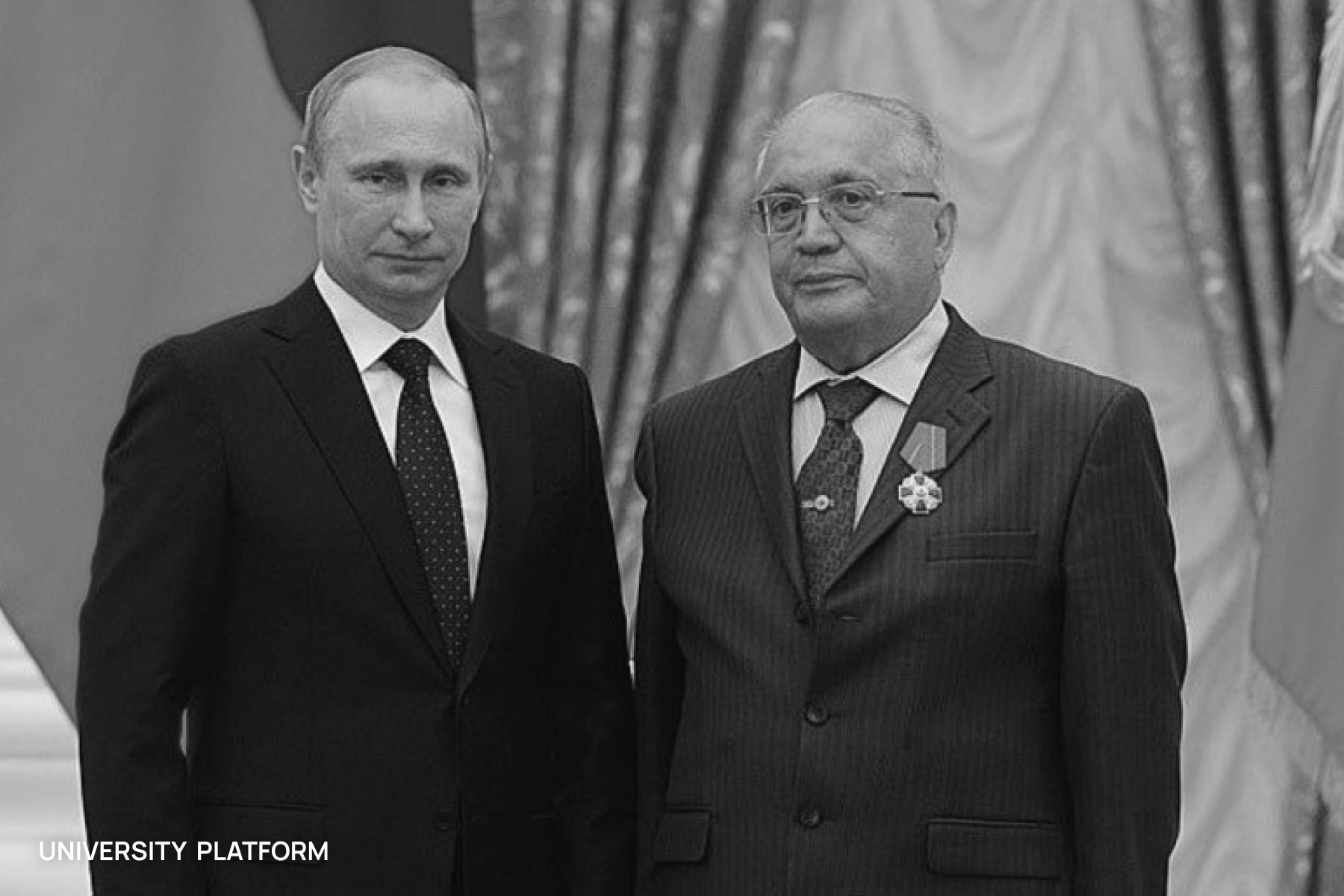
The neoliberalization of Russian universities coupled with the tightening of financial, political and ideological control by the state of higher education and science has strengthened the power of the rectors and university administrations over the university community. The rectors, regardless of the way they obtained the post — in Russia they are either appointed by the President (Saint Petersburg State University and Moscow State University) or the relevant ministry or, in rare cases, are elected in rigged elections — started considering universities their private property and positioning themselves as heads of corporations who are within their right to define the university policy and to act on behalf of the university and who are not obliged to discuss anything with their employees. Guided by this logic, they unilaterally signed the notorious letter in support of the war on March 4th, 2022.
The transformation of Russian universities into ‘knowledge-selling’ corporations was manifested in the adoption of corporate-like ethical codes and codes of conduct in the 2010s, which constrained the academic and civic freedoms of the faculty. The new norms identified the university administration as the sole representative of the university in public affairs. They prohibited university staff from commenting on university and political matters on behalf of the university so as not to harm the reputation of the university. The codes allowed disciplinary sanctions on the basis of employees’ off-duty actions, including dismissal in the case of violation of these rules, and they legalized employer’s surveillance of employees’ social media. In 2020, Mass dismissals at the Faculty of Humanities in the HSE in Moscow of lecturers known for their oppositional views or belonging to the independent trade union ‘University Solidarity’ after the introduction of the ethical code demonstrated how serious the university management could be in disciplining the university community.
It is necessary to highlight that the introduction of ethical codes was not an exclusive initiative by the rectors. It signaled another step in depriving Russian universities of their autonomy from the state. In the 2010s, FSB and other relevant agencies began to influence the hiring and dismissal process in universities. For example, during mass dismissals at the Faculty of Humanities, the administration of the HSE implied that they received a blacklist of the lecturers with whom they were expected to terminate their contract. The establishment of this regime of censorship was of mutual benefit to both parties: the government could exercise control over subversive processes at the university, while the university administration could silence or get rid of dissident faculty who questioned university procedures and criticized the regime.
The codes were part of a more general approach dubbed “university outside of politics” championed by the administration of the Russian universities and research centres who did not want to confront the regime. This approach functionally reduced the work of universities and research centres to selling knowledge to the customer, be it the state, a fee-paying student, or a private fund. According to the approach, there is no place for political discussion because it is outside of the responsibility of educational and scholarly institutions. Before the dismissals at the Faculty of Humanities, at the meeting of the School of Cultural Studies, its head, Vitaly Kurennoy, criticized the staff for signing open letters in support of the arrested HSE student Yegor Zhukov and publishing oppositional posts on social media. Kurennoy accused the staff of doing politics instead of earning money for the School and threatened that the school would be closed if the faculty continued signing such open letters. Obviously, the declared political neutrality of the Russian universities implied the dominance of the regime’s ideological narratives supported by the university administration.
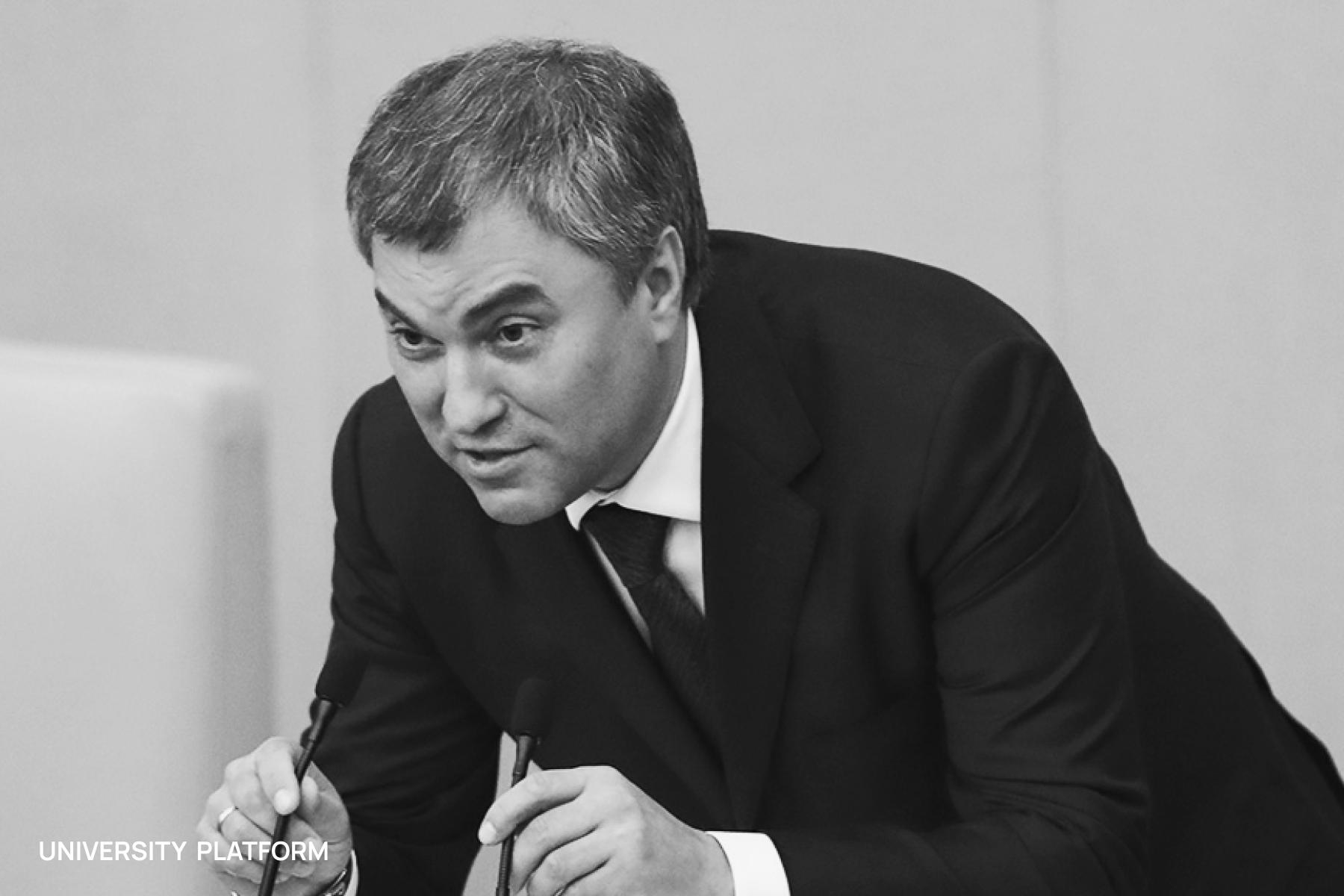
Moreover, this approach assumes that since the state finances education and research, the faculty has to comply with the Kremlin’s political rhetoric. In other words, lecturers and academics cannot bite the hand that feeds them. This argument was reinforced in the State Duma after the beginning of the Russian invasion. The speaker of the State Duma, Vyacheslav Volodin demanded the cleansing of the universities of lecturers with an anti-war stance, whereas Nina Ostanina explained that the lecturers who criticize the state cannot work in a state-funded institution that receives money from the state.
Thus, even before the Russian invasion, the position of Russian academia had been precarious, but it got even worse after the introduction of the repressive laws on March 4th, 2022 criminalizing all opponents of the war. The renewal of their contracts depended not only on the results of the strict performance appraisal system but also on their loyalty to the regime and the university administration. The faculty can be fired, fined, or even arrested for their anti-war stance.
In 2022-2023, the scale of the dismissals increased, involving both those who remained and those who left Russia.
The relative novelty of the new repressive regime in Russian universities was that the administration, without waiting for the end of the semester, started firing faculty in the middle of the academic year.
Over the period of eighteen months of war, Russian universities have used different strategies for firing faculty condemning the war. Several lecturers have been fired for criticizing the war on social media networks, which was equated by the university administration to amoral actions. In June 2022, Saint Petersburg State University terminated its contract with a historian Tatiana Tairova-Yakovleva who published a video on Facebook where she denounced Russian aggression and wished victory for Ukraine. In December 2022, HSE in Perm fired a historian, Dinara Gagarina, for a Facebook anti-war post, and HSE in Moscow dismissed a philosopher, Ilia Inishev, because of his anti-war comments on Facebook.
In May 2023, pro-war media actively disseminated a screenshot of an anti-war message by an associate professor at the Institute of History, Mikhail Belousov, on the social network Vkontakte. In June 2023, he was dismissed by Saint Petersburg State University on the recommendation of the Ethics Committee who characterized his action as incompatible with the high status of a lecturer. Then at the end of June, a criminal case was opened against Belousov. He was accused of rehabilitation of Nazism during a speech at the Student Assembly in February, 2023.
In fact, it is not only Belousov who could end up in jail. According to Novaya Gazeta, since 2000 more than thirty scientists, particularly physicists, have been imprisoned for treason and revealing state secrets. The Federal Security Service intensified the production of these cases after the beginning of the war. In 2022-2023, it arrested four research associates at the Institute of Theoretical and Applied Mechanics at the Siberian Branch of the RAS: Dmitry Kolker, Anatoly Maslov, Alexander Shipliuk and Valery Zvegintsev. The abuse of Kolker’s rights during the trial caused his death in summer 2023. He was removed from the hospital where he was being treated for cancer. The judge ignored medical documentation presented by Kolker’s defense and allowed his transportation to Moscow’s Lefortovo Prison where he died in a nearby hospital a few days later.
The category ‘amoral action’ can also refer to participation in an anti-war meeting. For example, Saint Petersburg State University dismissed a historian, Denis Skopin, for being detained during a rally against mobilization in September 2022. Although all these dismissals were carried out in violation of the Labour Code, it is almost impossible to challenge them in court since the consideration of the circumstances of dismissal may be transformed into a criminal case for discrediting the armed forces.
Universities frequently forced lecturers to hand in their resignation. In March 2022, the political scientist Vsevolod Bederson also had to leave Perm State National Research University after the Centre for Comparative History and Political Studies had signed a letter condemning the Russian invasion. The Centre was closed as well.
In March 2022, a philosopher, Maria Rakhmaninova, had to resign after a student reported her criticizing the Russian invasion during a lecture at the Faculty of Arts at Saint Petersburg University of the Humanities and Social Sciences, which demanded that she stop discussing politics with students. Generally, Russian academia has to be constantly on alert. They cannot feel safe either in the university lecture hall, or on their own social media timelines. The students can inform the administration of their anti-war statements, while university management, the Federal Security Service, and pro-war activists can monitor their social media. Transformation of the university into a disciplinary institution where everyone watches everyone creates an atmosphere of frustration and disbelief.
Numerous lecturers who left Russia because of the war and mobilization have also had to resign because of an unofficial ban on remote teaching. Although the experience of Russian universities during the pandemic has demonstrated that there are no legal or technical obstacles to lecturers teaching their disciplines online, since the beginning of the war university administrations, being pressured by the government, have almost stopped granting permissions for remote work (sc. Saint Petersburg State University, The Presidential Academy, European University at Saint Petersburg and Higher School of Economics in Saint Petersburg and Moscow.) The implicit idea behind this policy is to deprive the lecturers who have already left Russia, and thus cannot be controlled, of the opportunity to teach.
The HSE has displayed the most hypocritical behaviour. Although it has been actively promoting remote education and compelling lecturers to record online courses for wide commercial distribution, in 2022-2023 it granted permission for remote teaching very selectively, mainly declining the requests from dissident lecturers with an anti-war stance and oppositional views. For example, political scientist Alyona Vandysheva, after having reached a preliminary agreement with the HSE in Saint Petersburg that she would continue teaching remotely, was dismissed. She handed in her resignation and her application for remote work but it was not approved by the administration. Another employee of the HSE campus in Saint Petersburg, sociologist of culture Margarita Kuleva, found out that she had been fired after the fact and a significant portion of her salary for the months she worked remotely was withheld by the university.
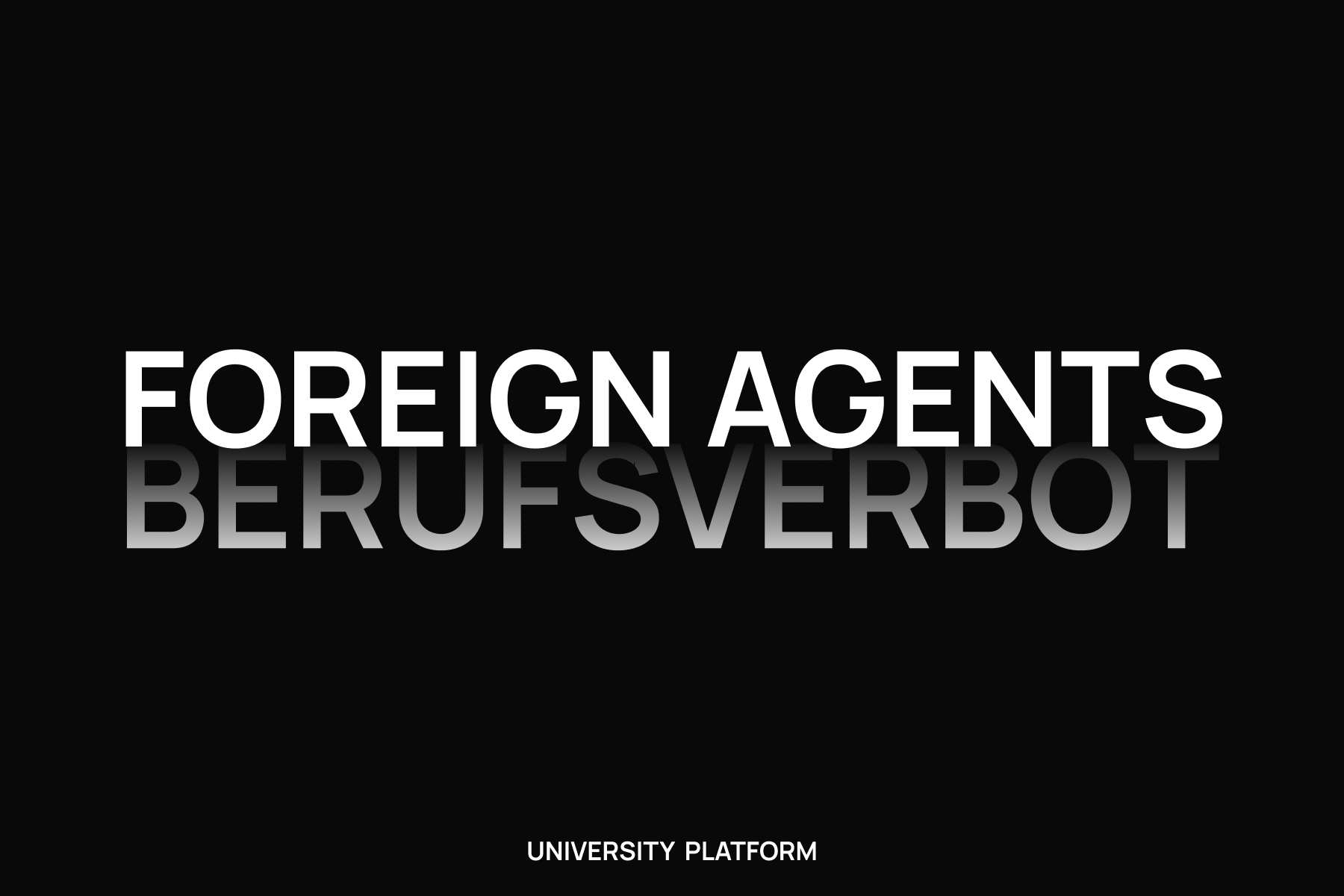
On December 1st, 2022, amendments to the foreign agents’ law came into force, according to which foreign agents cannot teach in the state system of higher education. This prohibition is in fact a professional ban which resembles the notorious Berufsverbot in Nazi Germany. In response to the new changes, Perm State Humanitarian Pedagogical University, Higher School of Economics in Saint Petersburg, The Presidential Academy (RANEPA) and Moscow State University dismissed Vitaly Kovin (head of the regional branch of the Movement for Defence of Voters' Rights “Golos”), Iskender Yasaveev (a journalist at ‘Idel Realii’), Yulia Galyamina (liberal politician) and Mikhail Lobanov (an independent left-wing politician). Kovin and Yasaveev had been fired preemptively even before the changes to the law came into effect.
Incidentally, Yulia Galyamina recently managed to win a lawsuit against the Presidential Academy. The court has admitted that the university violated the procedure for dismissal, thus Galyamina must be reinstated in her job. Although the court has not questioned the foreign agents’ law per se, it has established an important precedent demonstrating that there can be remedies to universities arbitrarily applying this unconstitutional law.
Russian universities simply did not renew contracts with disloyal lecturers. The Faculty of Liberal Arts and Sciences did not offer new contracts to sociologist Zhanna Chernova and philosopher Viktor Kaplun before the beginning of the autumn semester in 2022. Some lecturers in the Higher School of Economics in Perm and Moscow did not get their contracts renewed in the competition although they met all the selection criteria and were supported by their departments. The unofficial explanation for these failures was the presence of the employees in the ‘blacklists’ for political activity and their anti-war stance.
Although it is too early to evaluate the effect of purges and, in a broader context, forced emigration on Russian higher education and science in the aftermath of the Russian invasion, there are some preliminary results. For example, the dismissals were instrumental in closing several educational programmes suspected of so-called Western influence. The HSE in Moscow did not renew the contract of historian Dmitry Dubrovsky in order to close the ‘Human rights and democratic governance’ track within its Master’s programme. In 2022, Saint Petersburg State University got rid of twenty lecturers at the Faculty of Liberal Arts and Sciences in various ways in order to put an end to the Liberal Arts programme which has been taught for twenty years. The Department of Media of HSE Moscow cleansed its faculty replacing it with journalists from pro-government media. The liquidation of educational programmes and the replacement of teaching personnel has led to radical transformation in the syllabi and content of the disciplines.
In terms of the scale, the university repressions in Russia in 2022-2023 are still incomparable to Tayyip Erdogan’s crackdown on academia in 2016-2017, when 7,000 faculty and staff members were dismissed from universities (however, the war is far from over), or to purges in contemporary Iran which enabled to hire 15,000 pro-regime professors and others staff in the universities. However, in terms of the impact on the remaining academics these repressions are relatively comparable. Purges after the Russian invasion have also exacerbated the atmosphere of fear and disbelief among lecturers and scientists and facilitated self-censorship and escapism widespread among Russian academia even before the war. Teaching or conducting research in the sphere of humanities, social sciences, and physics has become particularly insecure.
In these circumstances it is unrealistic to expect substantial resistance to war and repression from an academic community disorganized and disempowered by decades of neoliberal reforms and intimidated by a repressive regime. Nevertheless, during the eighteen months of the Russian war with Ukraine, Russian academia has demonstrated its capacity for collective solidarity: they signed collective letters against the war, in support of the arrested scientists of the Siberian Branch of the RAS, and in support of the dismissed lecturers of the Faculty of Liberal Arts and Sciences. Many courageous lecturers and scientists, in spite of the risks, continue to talk about war with their students and conduct independent research. Russian academia tries to use the means of resistance which are available to them in current circumstances since for other types of protest, such as strikes, they do not have either proper experience, or means.
However, instead of solidarity, Russian lecturers and scientists who are against the Russian invasion and have decided to continue working at home encounter hatred not only from their foes, but from their putative allies, which seriously demotivates them. On social media networks, they are often treated as collaborators with the regime for the fact that they have not left Russia (frequently recent emigrants are distinguished by this virtue signaling). This is unfair as it ought to be crystal clear that not all anti-war Russian lecturers and scientists can emigrate, since academic capitalism has not disappeared and there is tough competition for every position. There are still too few programs that provide urgent help to Ukrainian academics, let alone threatened Russian scholars. This means that they have to apply for postdoctoral, research, or teaching positions on a general basis, and only the luckiest are successful. In polls about future plans in group chats of academics who left Russia but still have not found an academic job, the option “I will seek a job in a non-academic sphere” usually wins thus confirming this trend. This means that not only are legal consequences but also economic consequences of the war forcing people out of profession.
We think that there is something wrong with international solidarity and cooperation in the academic sphere. The global impact of the neoliberalization of academia is manifested in the tacit acceptance of the doxa that international cooperation in the academic world must be necessarily mediated by the rectors, administrators, heads of structural units, and other people in charge of funding instead of rank-and-file academic workers. This vision is disempowering and in current circumstances benefits the administrations of Russian universities and research centres who want to subject their employees to isolation.
The time is ripe for establishing a horizontal dialogue between international academia and the Russian anti-war academic community, and ‘University platform’ is ready to provide a safe space for it.
Remember that so long as those who are against war are working at Russian universities and research centers, there is still space for critical thinking, independent inquiry, and even resistance. Russian anti-war academia deserves solidarity as we await the escalation of repressions.
If you consider our initiative worthwhile, do not hesitate to contact us: universityplatform2@gmail.com
